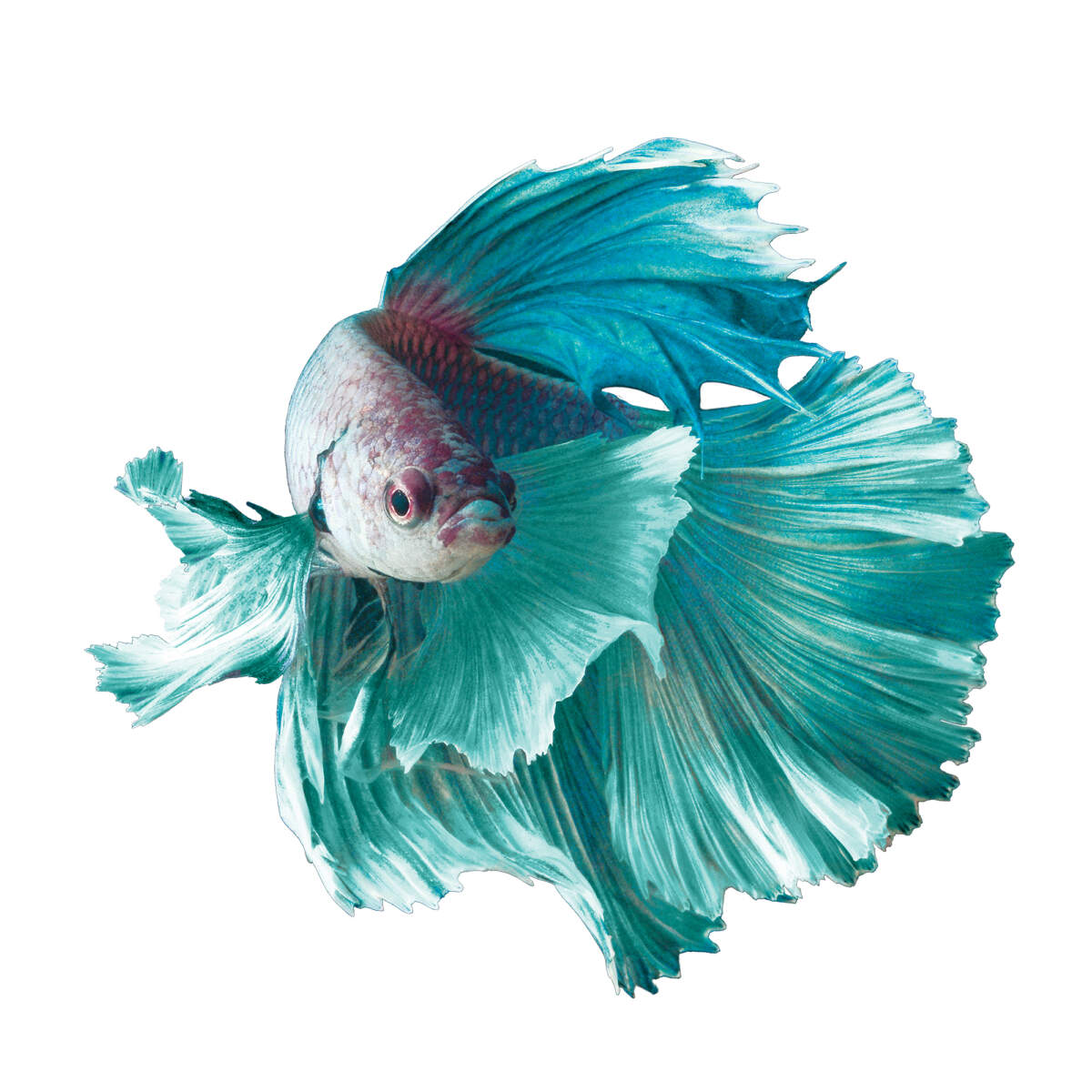The Ultimate Betta Fish Care Guide for New Pet Owners
The Ultimate Betta Fish Care Guide for New Pet Owners
Blog Article
The Ultimate Overview to Betta Fish Care: Essential Tips for Preserving a Healthy and Thriving Aquarium Atmosphere
Efficient Betta fish treatment demands an extensive understanding of their one-of-a-kind environmental and physiological demands. Developing an ideal fish tank begins with selecting the right container size and making sure ideal water conditions, which are crucial for the health and health of your Betta. Furthermore, recognizing correct feeding techniques and producing a conducive habitat can considerably impact your fish's vitality and actions. As you take into consideration these fundamental aspects, it comes to be clear that preserving a flourishing aquarium setting requires focus to information and continuous commitment. What specific approaches will you carry out to boost your Betta's lifestyle?
Selecting the Right Tank
Selecting the ideal storage tank for your Betta fish is essential to guaranteeing its wellness and wellness. Bettas flourish in environments that mimic their all-natural habitats, which generally include calm, warm waters. A storage tank dimension of at the very least five gallons is recommended to offer ample swimming area, as smaller sized tanks can lead to anxiety and wellness concerns for these vibrant fish.
When selecting a container, consider the storage tank's form and purification system. A rectangular storage tank is preferable to a dish, as it offers a lot more area for oxygen exchange. Furthermore, a dependable filtering system is essential to preserve water high quality and minimize the frequency of water modifications (betta fish). However, it is very important to select a filter with a mild flow, as Bettas are not strong swimmers and may battle versus strong currents.
Temperature regulation is an additional crucial aspect; Bettas choose water temperatures in between 76 ° F and 82 ° F. Buying a great heater will guarantee that the water stays within this range, promoting a healthy and balanced and active way of life for your Betta. Lastly, providing proper storage tank decorations and hiding spots will certainly aid minimize stress and encourage all-natural habits, even more improving your Betta's wellness.
Keeping Water High Quality
Keeping optimal water top quality is important for the health and long life of Betta fish. This needs regular monitoring of various specifications, consisting of temperature, pH, ammonia, nitrite, and nitrate levels.
The pH degree should ideally drop in between 6.5 and 7.5. Normal screening using a reputable water screening kit can aid ensure these parameters stay within the ideal arrays. Ammonia and nitrite levels ought to always be at 0 ppm, as even low concentrations can be harmful to Betta fish. Nitrate levels ought to be kept under 20 ppm to avoid lasting health issues.
Regular water adjustments are crucial to preserving water top quality. In addition, including a durable filtering system can aid in keeping water quality and top quality, supplying a much healthier habitat for your Betta fish.
Suitable Feeding Practices
Offering a balanced diet is vital for the health and wellness and vibrant pigmentation of Betta fish, as their nutritional demands play a considerable role in their total well-being. Betta fish are meat-eating naturally, needing a diet high in protein. A mix of high-quality pellets, icy or online foods such as bloodworms, salt water shrimp, and daphnia can offer the essential nutrients they require.
Feed your Betta fish two to 3 times a day, providing just what they can take in within 2 to three mins to avoid overfeeding and preserve water high quality. Overfeeding can bring about weight problems and wellness issues, including swim bladder illness. It is important to monitor their dietary consumption and change section dimensions accordingly.
Along with healthy protein, a well balanced diet regimen needs to consist of vitamins and minerals to advertise optimal health. Consider supplementing their diet plan with high-quality flakes or pellets particularly created for Betta fish, as these frequently consist of necessary additives.

Creating a Suitable Environment

Water quality is extremely important; maintain a temperature level between 76 ° F and 82 ° F, and ensure the pH level ranges from 6 - betta fish.5 to 7.5. Regular water changes of 25-50% weekly will certainly help keep contaminants away and ensure a stable atmosphere
Including plants and concealing places is important, as Betta fish are normally territorial and appreciate having locations to explore and pull back. Live or silk plants, together with caverns and ornaments, can create a revitalizing setting.
:strip_icc()/siamese-fighting-fish-bettas-1378308-hero-f459084da1414308accde7e21001906c.jpg)
Routine Health Checkups
Performing routine health examinations is essential for making sure the well-being of Betta fish, as very early detection of possible problems can avoid major health issue. These Get More Info checkups must include a detailed exam of the fish's physical problem, actions, and ecological elements.
Begin by observing the Betta fish for any indicators of distress, such as sleepiness, loss of appetite, or uncommon swimming patterns. Furthermore, evaluate the fins and body for indications of discoloration, More hints sores, or fin rot, which can indicate infections or parasites. Routinely keeping track of the water top quality in the fish tank is just as important; parameters such as pH, ammonia, nitrite, and nitrate levels ought to be preserved within optimum ranges to stop stress and disease.
Moreover, take into consideration keeping a log of health observations and water quality tests. Timely intervention can make a substantial distinction in the recuperation of your Betta fish, guaranteeing a long and healthy and balanced life in a well-maintained fish tank atmosphere.
Conclusion
In final thought, effective Betta fish treatment rests on producing and preserving an ideal aquarium environment. Secret aspects consist of picking an appropriately sized storage tank, guaranteeing regular water quality, sticking to optimal feeding practices, and making a habitat that minimizes stress. Normal health check-ups are necessary for very early detection of prospective issues. By complying with these guidelines, aquarists can promote the health and vibrancy of Betta fish, ultimately resulting in a growing water environment.
Report this page